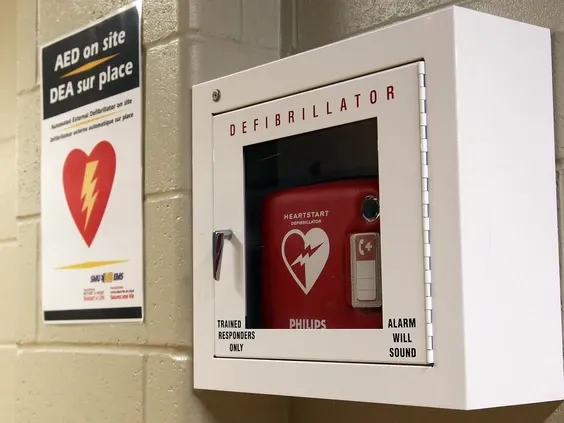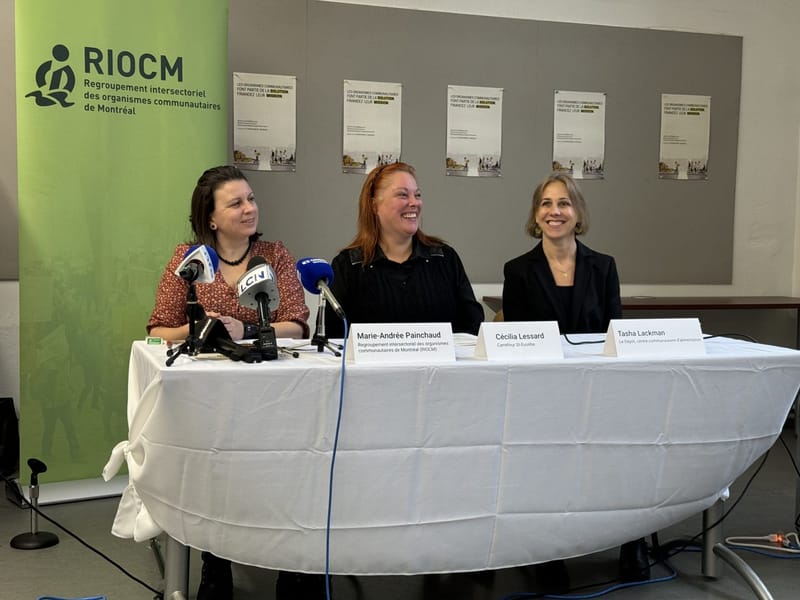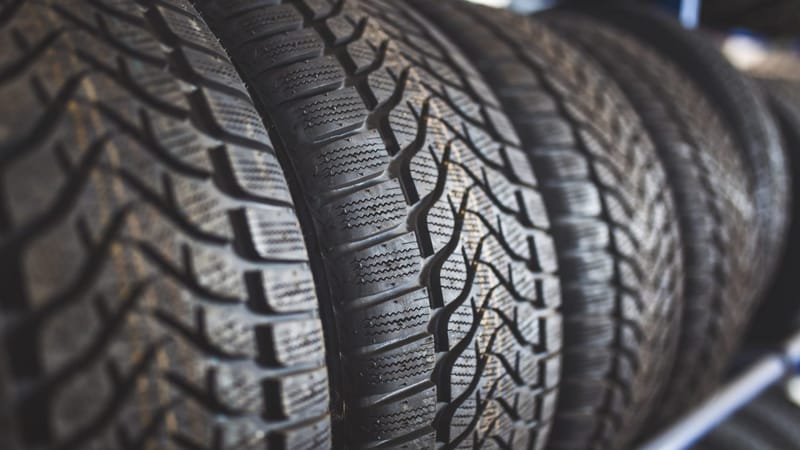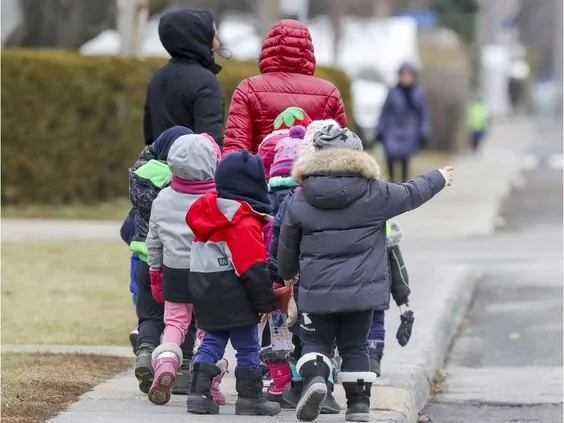Quebec dragging its feet on getting defibrillators in public spaces, foundation says
In 2022, Quebec announced a plan to install 1,000 automatic external defibrillators in public spaces. Two years later, 900 of them have yet to be deployed.

The Jacques-de Champlain Foundation has highlighted that improving access to automated external defibrillators (AEDs) could increase the survival rate of cardiac arrest victims by nearly 50 percent. The foundation has criticized the Legault government for failing to implement its own plan to expand AED availability in Quebec.
In 2022, the Quebec government introduced an action plan that included a proposed law to regulate access to AEDs. That same year, Health Minister Christian Dubé unveiled a strategy to install 1,000 AEDs across the province.
Initially, the strategy led to the installation of 100 defibrillators in Desjardins and National Bank ATMs. Based on the success of this first phase, the government planned to deploy an additional 900 AEDs, but this has yet to occur.
“The bill has not been tabled, and there has been no progress since,” the Jacques-de Champlain Foundation said in a statement.
François de Champlain, the foundation’s founding president, expressed frustration, stating, "If we’re speaking up now, it’s because we’re exasperated. There was a lot of back and forth. The government’s will seemed to be moving forward with these 900 defibrillators. They even asked our foundation to help identify the best locations for these devices."
De Champlain’s organization is developing a risk management model to determine where AEDs would be most effective in saving lives.
At a press event in Quebec, Minister Dubé acknowledged the goal of installing the promised 900 AEDs. "We had a pilot project of 100 defibrillators. There have been some adjustments. For example, we were frequently robbed, so we need to find the best places to install them," Dubé explained.
New AEDs are expected to be installed in the coming months, with the project slated for completion in 2025. However, the foundation argues that 1,000 defibrillators are not enough. “Although it’s a good idea, it’s still a bit of a leap of faith,” said de Champlain. He believes that a law could mandate that certain establishments equip themselves with AEDs, just as they are required to have fire extinguishers.
The law could target critical locations such as retirement homes, condominium towers, shopping centers, grocery stores, and pharmacies.
The foundation, a charitable organization that has also created a registry of AED locations in Quebec, advocates for a law to improve AED access. They have been pushing for such a law for 10 years but said Thursday that "nothing is moving forward" on its adoption. The foundation believes that Minister Dubé has focused instead on the administrative reform of the health system, while a law mandating defibrillators in public spaces could save lives.
Jean-Philippe LaRose, a cardiac arrest survivor and foundation administrator, shared his personal story: "It was a defibrillator that saved my life. My dearest wish is for everyone to have the same chance to survive. With the bill, we are so close to the goal. I don’t understand why we don’t yet have a law improving access to AEDs in Quebec."
In Quebec, nearly 10,000 people experience cardiac arrest each year, and 90 percent of them do not survive.
De Champlain added, “I am in favor of medical assistance in dying, but here we are talking about medical assistance to survive. It’s such an important issue, and we feel like it’s being ignored right now.”
As an emergency physician, de Champlain has often had to inform families of patients who have lost loved ones. "I know that if a defibrillator had been available in a public place, the outcome could have been completely different," he said.
Studies estimate that up to 200 lives could be saved each year with greater access to AEDs. "It’s a simple law—one that should be supported across party lines," said de Champlain. "Quebec should follow the Canadian trend and move forward."
Manitoba, which has a law requiring access to AEDs, had 324 AEDs per 10,000 residents in 2020, while Quebec had only 27 per 10,000. The rate is even lower in some regions of Quebec, with Saguenay–Lac-St-Jean having only 324 AEDs for 95,761 square kilometers and Mauricie having 251 for 35,447 square kilometers.





